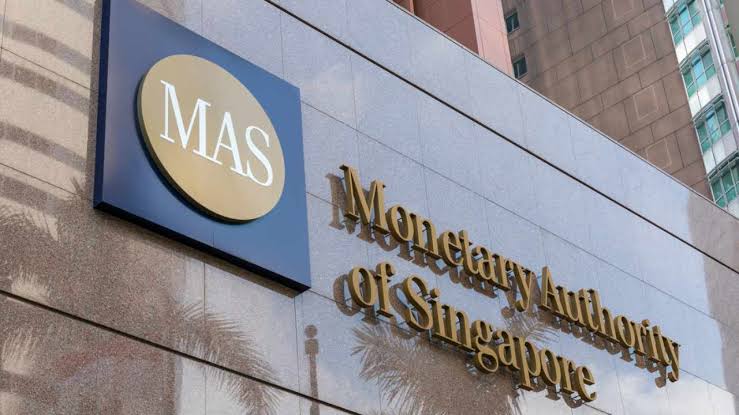Custodial services are now included in the range of cryptocurrency-related operations that Singapore controls, according to a Tuesday announcement from the Monetary Authority of Singapore (MAS).
The expansion of the scope encompasses the ability to send and receive money across borders even in cases where the recipient city-state does not accept it, as well as the ease with which cryptocurrency may be transferred between accounts and exchanges.
The Payment Services Act (PS Act), which serves as the foundation for regulating payment service companies, was amended by the law that was passed in 2021. The MAS only went live with the amendments on Tuesday; they were originally scheduled to take effect in the fourth quarter of 2021.
Since 2021, the cryptocurrency industry has experienced extreme turbulence due to the FTX crisis, which has resulted in global legislative changes.
Angela Ang, a senior policy consultant at blockchain intelligence company TRM Labs and a former MAS regulator, said, “This is a long-awaited expansion that gives regulatory clarity to key parts of the crypto ecosystem, like custody services.”
The revisions will compel digital payment tokens (DPT) or cryptocurrency service providers to adhere to standards pertaining to user protection and financial stability.
The changes, which will go into effect six months after April 4, 2024, call for “segregating customers’ assets and placing them in a trust account for the benefit of customers, maintaining proper books and records, and ensuring that effective systems and controls are in place.”
Under the Payment Services Act, any organisation that is currently engaged in crypto-related activities must begin a transition process within 30 days and submit a licence application within 6 months of April 4, 2024, in order to maintain operations while their application is being considered. An attestation report verifying compliance with anti-money laundering and counterterrorism financing regulations, certified by an outside auditor, must be submitted with the licence application within nine months.
According to the MAS, organisations who don’t follow these guidelines will have to stop operating completely.

